Slow Hair Growth: Causes, Solutions, and Tips
Hair growth is a vital aspect of overall health and personal appearance, playing a significant role in one's self-esteem and confidence.
While some people enjoy naturally fast-growing hair, others struggle with slow hair growth, leading to frustration and concern.
Understanding the reasons behind slow hair growth and finding effective solutions is essential for anyone looking to improve their hair health.
This article will delve into the common causes of slow hair growth, offer practical solutions, and provide tips to promote faster and healthier hair growth. By the end, you'll be equipped with the knowledge to address any hair growth concerns.
Hair Growth: Complex Process
Hair growth is a complex process that involves several phases, each critical to the overall health and length of your hair. Let's break down these phases to better understand how hair grows.
The Hair Growth Cycle:
Anagen Phase: This is the active growth phase, where hair follicles produce new hair. It can last anywhere from 2 to 7 years, depending on genetics and other factors.
Catagen Phase: This transitional phase lasts about 2-3 weeks. Hair growth stops, and the hair follicle shrinks.
Telogen Phase: The resting phase lasts around 3 months. Hair remains in the follicle but is not actively growing.
Exogen Phase: The shedding phase where old hair falls out, making way for new hair growth.
Average Rate of Hair Growth: On average, hair grows about half an inch (1.25 cm) per month or roughly 6 inches (15 cm) per year. However, this rate can vary based on several factors.
4 Factors Influencing Hair Growth
Genetics: Your genes play a significant role in determining your hair growth rate and cycle length.
Age: Hair growth slows down as you age.
Gender: Men and women may experience different hair growth rates due to hormonal differences.
Health: Overall health, including hormonal balance and nutrition, can significantly impact hair growth.
Common Causes of Slow Hair Growth
There are three reasons why hair growth might be slower than average. Understanding these causes can help you address the problem effectively.
Medical Conditions
Conditions such as thyroid disorders and polycystic ovary syndrome (PCOS) can disrupt the balance of hormones necessary for healthy hair growth. For instance, an underactive thyroid (hypothyroidism) can lead to thinning hair and slow growth.
Hair needs a variety of nutrients to grow, including iron, vitamin D, zinc, and biotin. Deficiencies in these nutrients can lead to weakened hair and slower growth. For example, iron deficiency anemia is a common cause of hair loss and slow hair growth.
Scalp issues like dandruff, psoriasis, and dermatitis can affect hair follicles, leading to slower hair growth. Maintaining a healthy scalp environment is crucial for optimal hair growth.
Diseases such as diabetes and autoimmune conditions can impact hair growth. These conditions often affect the body's ability to maintain healthy hair growth cycles.
Lifestyle Factors
A diet lacking essential nutrients and inadequate water intake can significantly slow down hair growth. Hair thrives on a diet rich in proteins, vitamins, and minerals.
Chronic stress can disrupt the hair growth cycle, pushing more hair into the shedding phase prematurely. Techniques such as mindfulness and regular exercise can help manage stress levels.
Sleep is essential for overall health, including hair health. Poor sleep can lead to hormonal imbalances that affect hair growth.
Both smoking and excessive alcohol consumption can negatively impact hair growth by reducing blood flow to the scalp and depriving hair follicles of essential nutrients.
Wrong Hair Care Practices
We all love a good blowout or the perfect curls, but frequently using hair dryers, straighteners, and curling irons can damage your hair, making it brittle and prone to breakage. This can give the illusion of slow hair growth.
Dyeing, perming, and straightening can weaken your hair and damage the scalp, affecting hair growth. Limiting these treatments can help maintain healthier hair and faster growth.
Styles that pull tightly on the hair, such as ponytails, braids, and buns, can cause traction alopecia, a type of hair loss that results from constant tension on the hair follicles.
Regular trims can prevent split ends and breakage, making hair appear to grow faster and healthier.
Effective Solutions for Promoting Hair Growth
Medical treatments and nutritional adjustments can play a pivotal role in enhancing the health and rate of your hair growth. Here are some targeted approaches to consider:
Medical Treatments
Medications like minoxidil and finasteride can help stimulate hair growth. Minoxidil is a topical treatment that can help increase blood flow to the scalp, while finasteride is an oral medication that can help reduce hair loss by blocking the hormone responsible for hair thinning.
Nutritional Supplements
Supplements containing biotin, vitamin D, iron, and zinc can support hair health. For example, biotin (vitamin B7) is known for its role in promoting hair growth, while iron helps carry oxygen to hair follicles.
Consult with a healthcare professional to determine the appropriate dosage of supplements based on your specific needs. While supplements can support hair growth, it's important to be aware of potential side effects.
Conclusion
Slow hair growth can be frustrating, but understanding its causes and implementing effective solutions can significantly improve hair health and promote faster growth. By recognizing the factors that influence hair growth, from medical conditions and lifestyle choices to hair care practices, you can take proactive steps to address the issue.
Visit Salon Glam Salon Today
Are you looking for the best hair care in Burnaby? At Salon Glam Salon, we love to help you create a plan and work toward your beauty goal. We restore it. We've been rated one of the best hair salons in Burnaby and have high-quality hair care stylists to back it up. So what are you waiting for, Book an appointment with us today!


